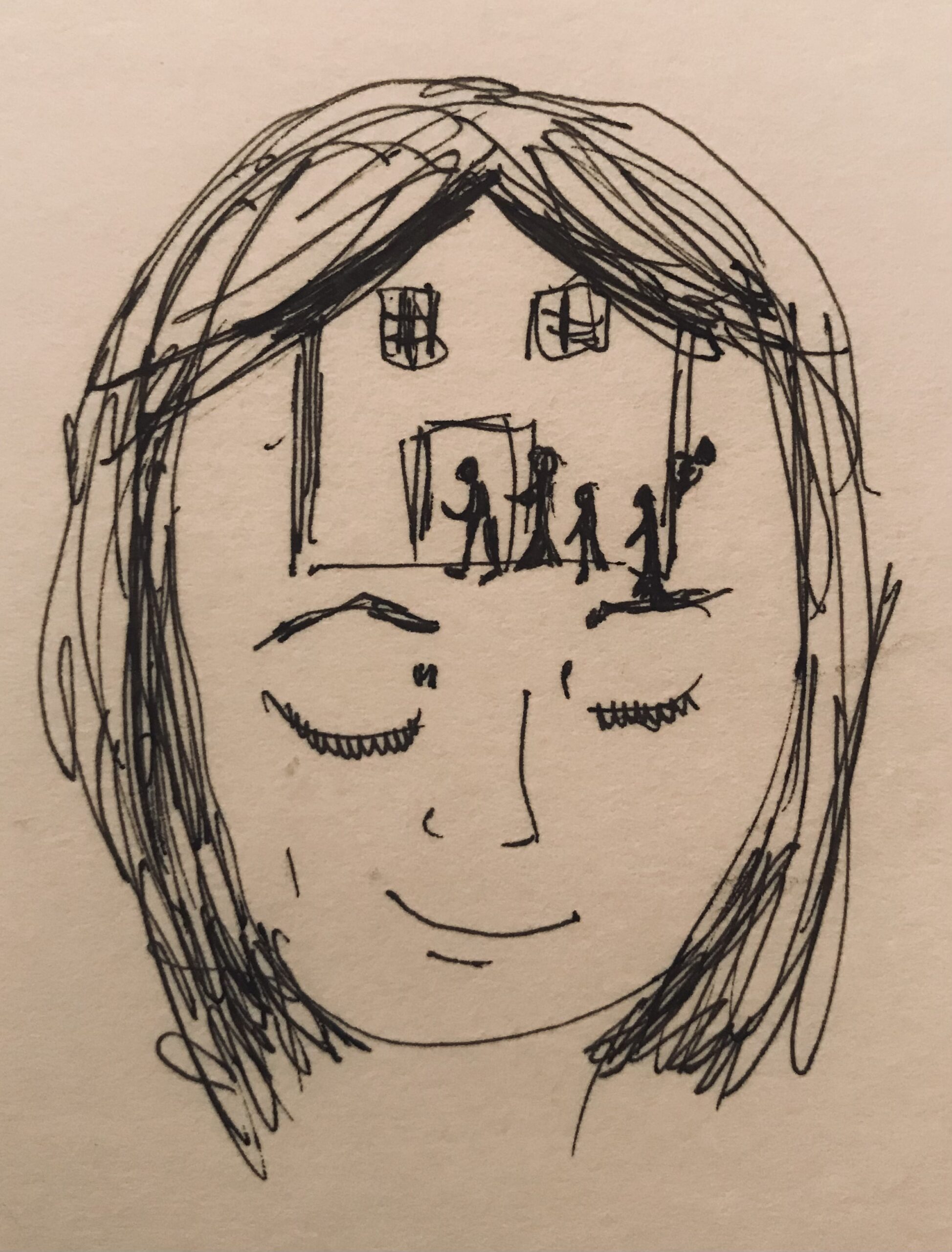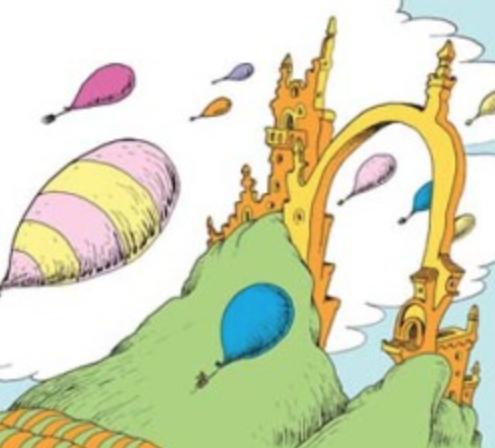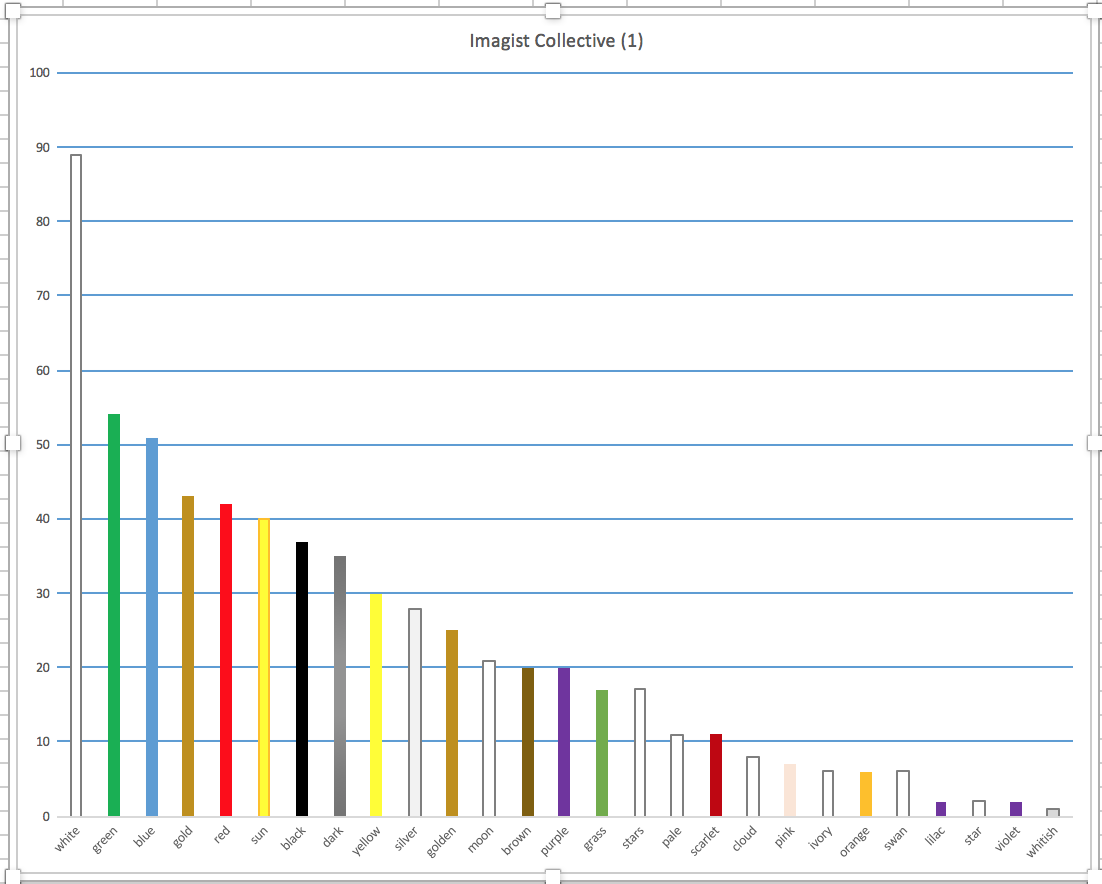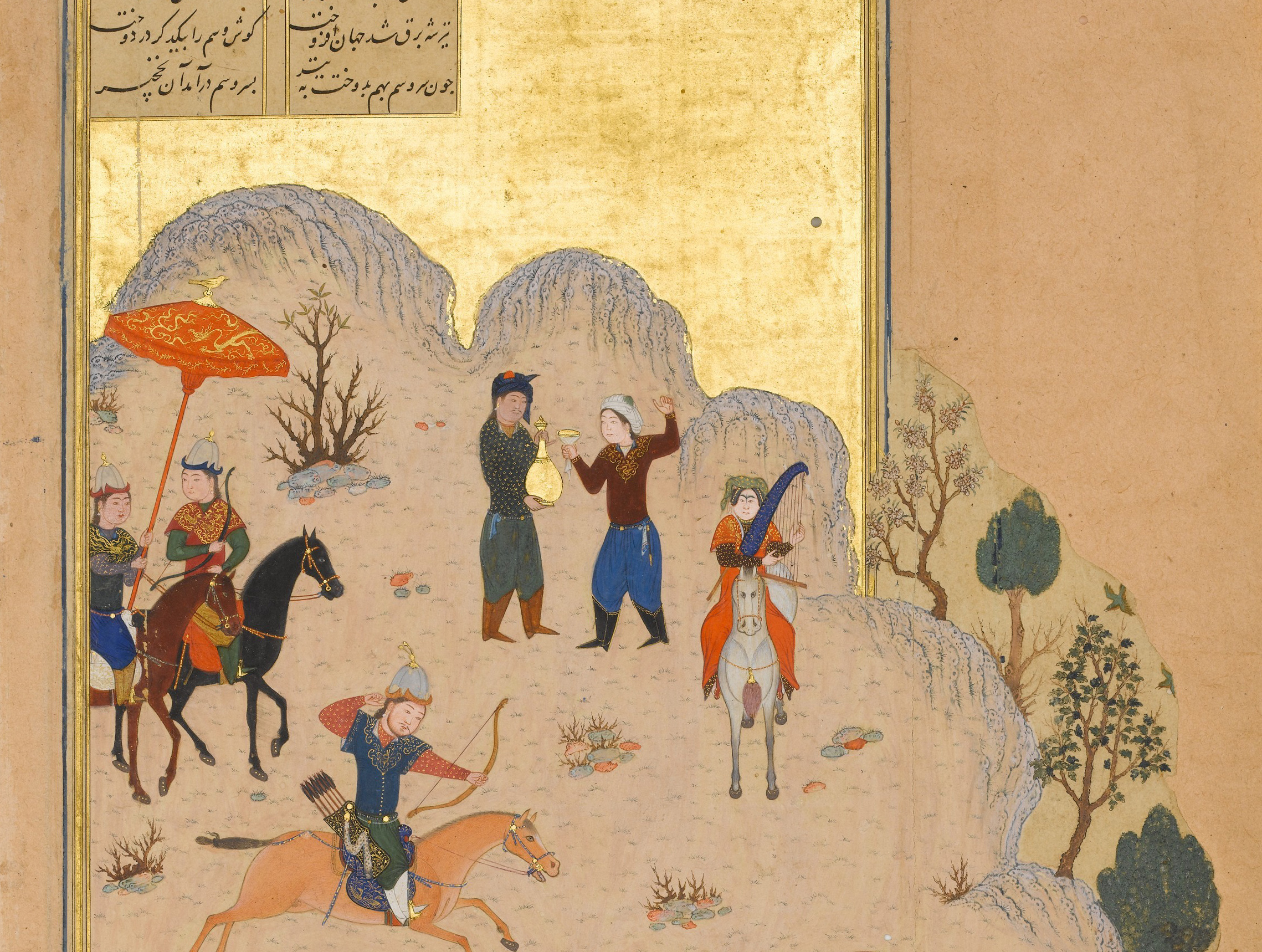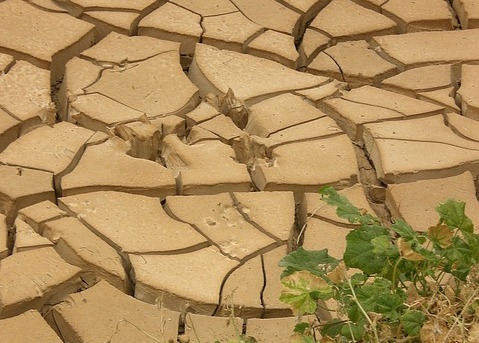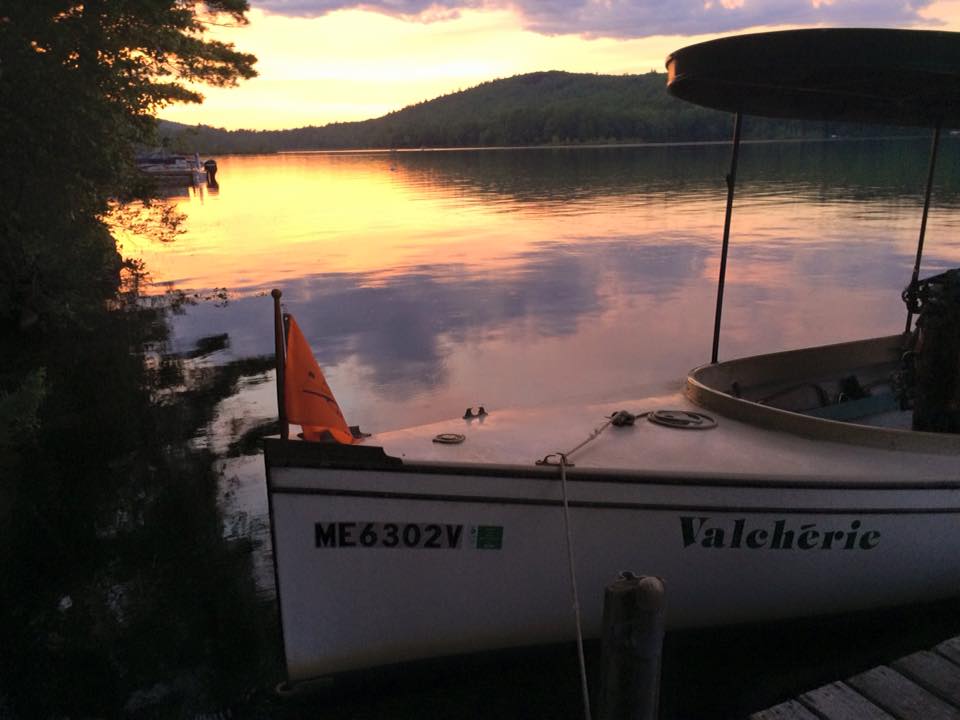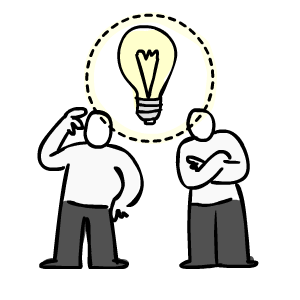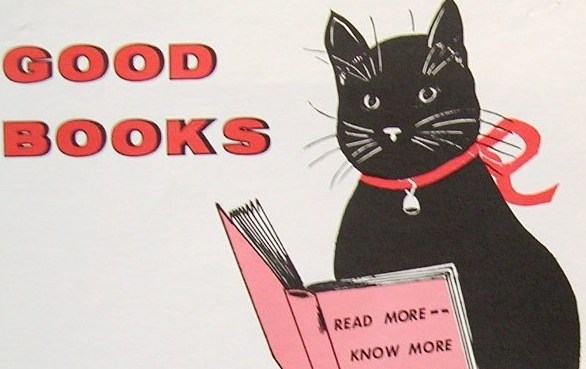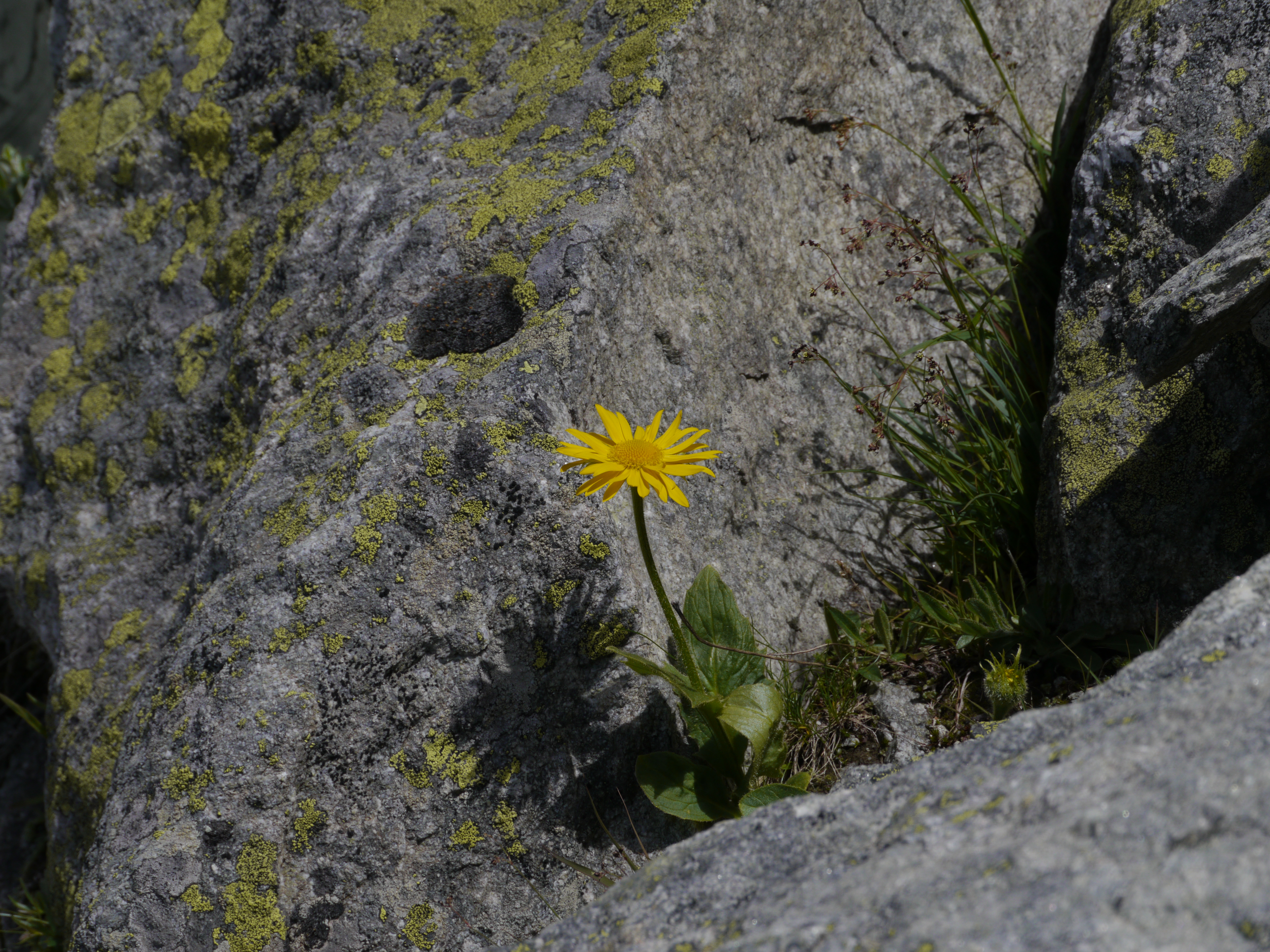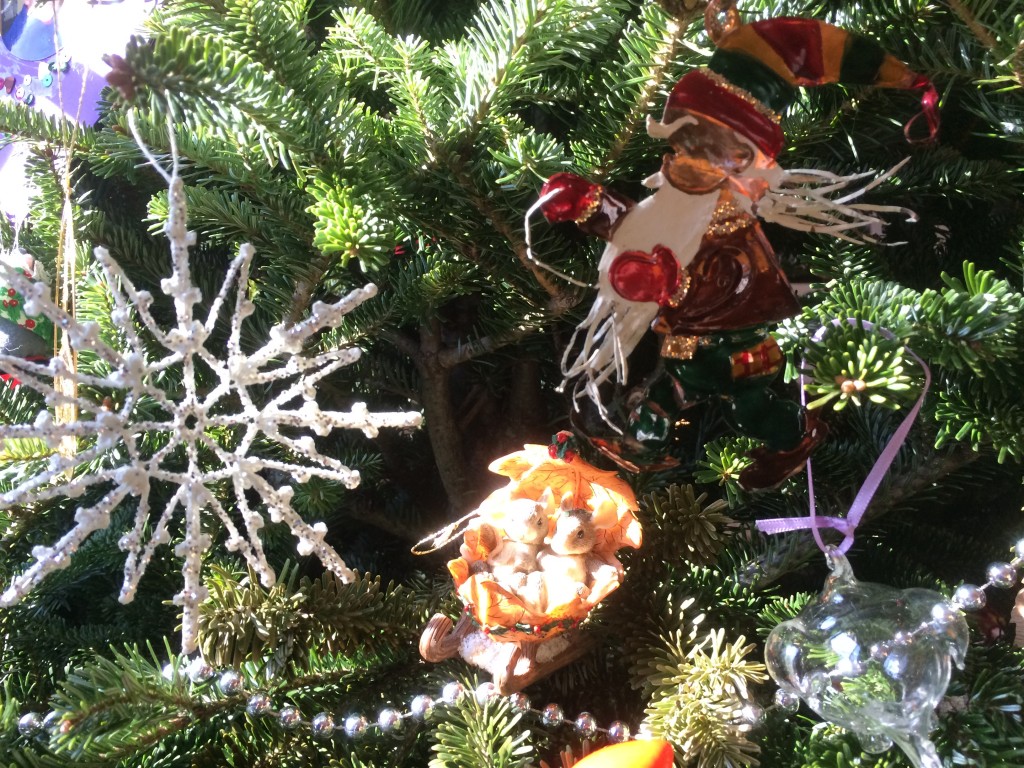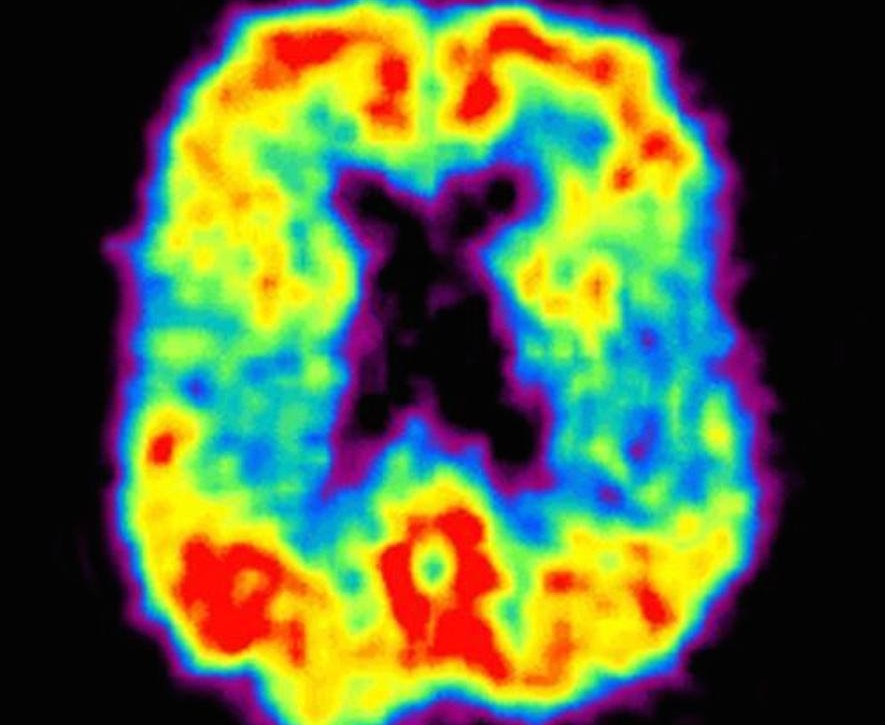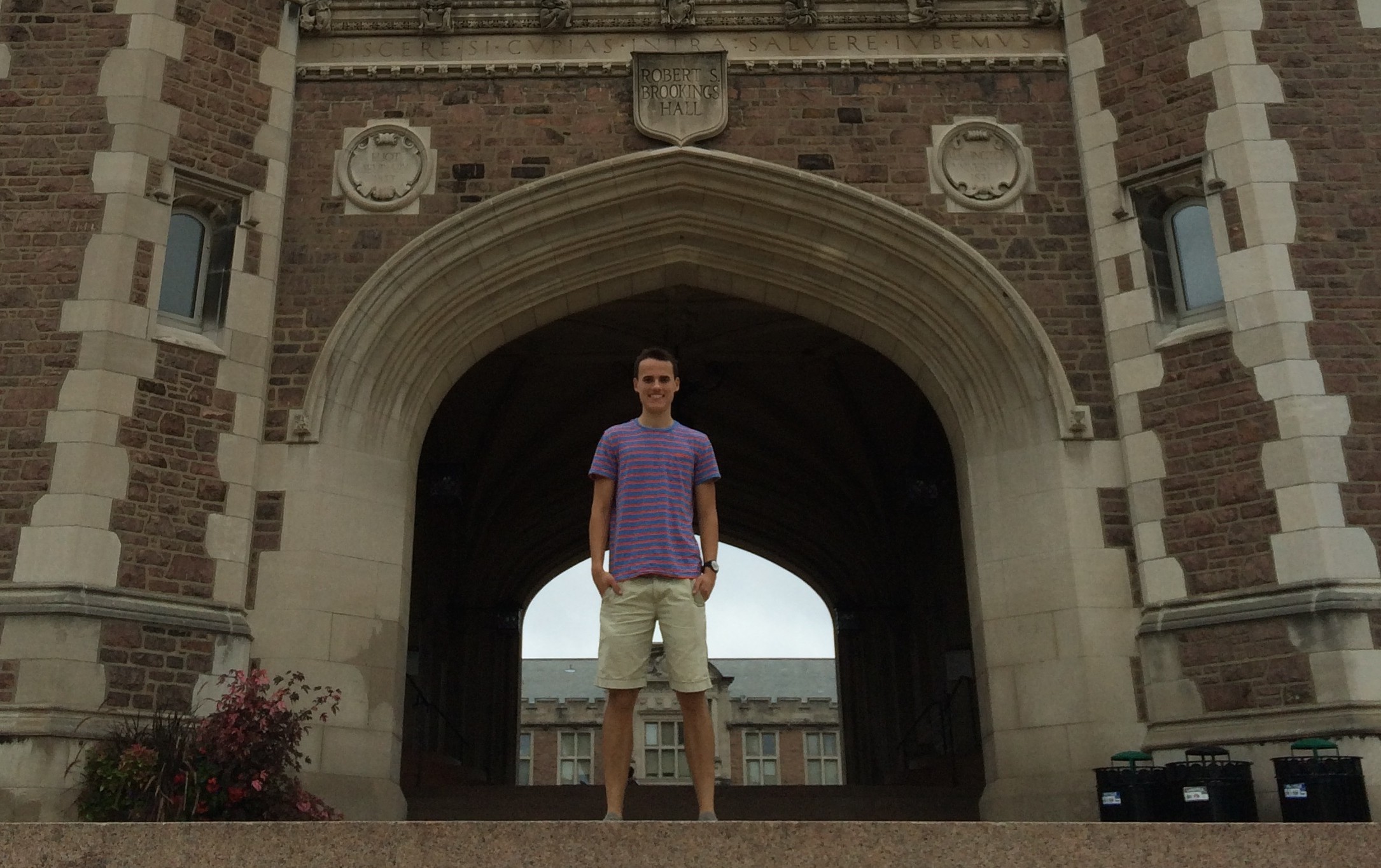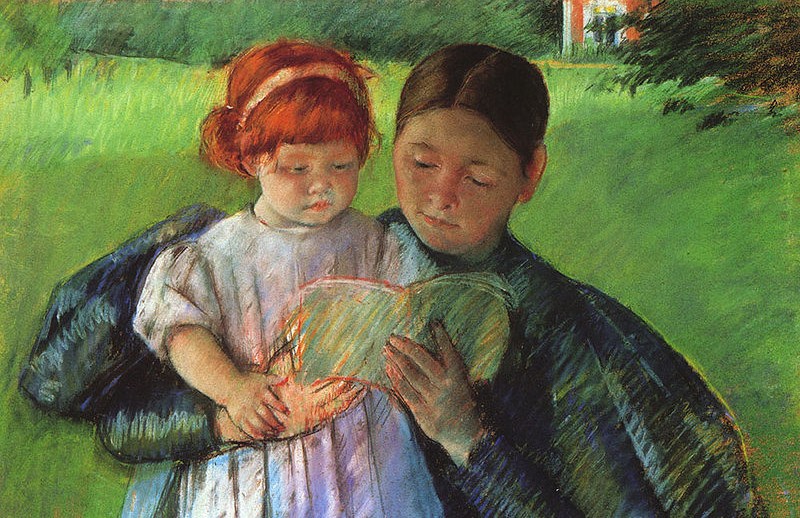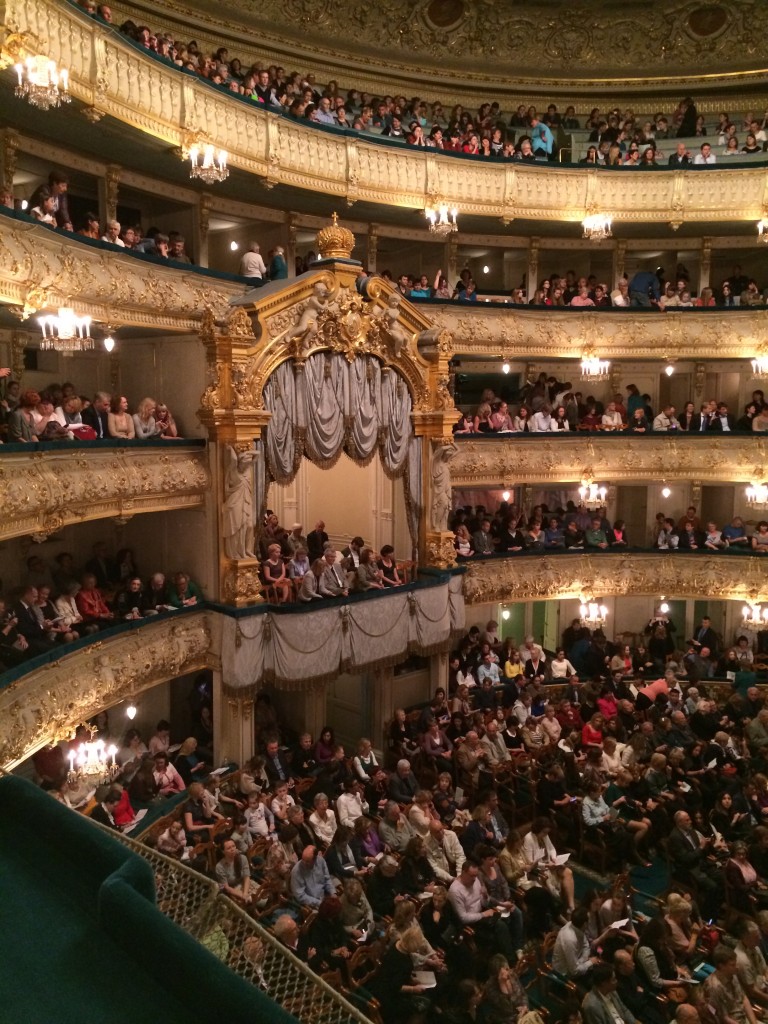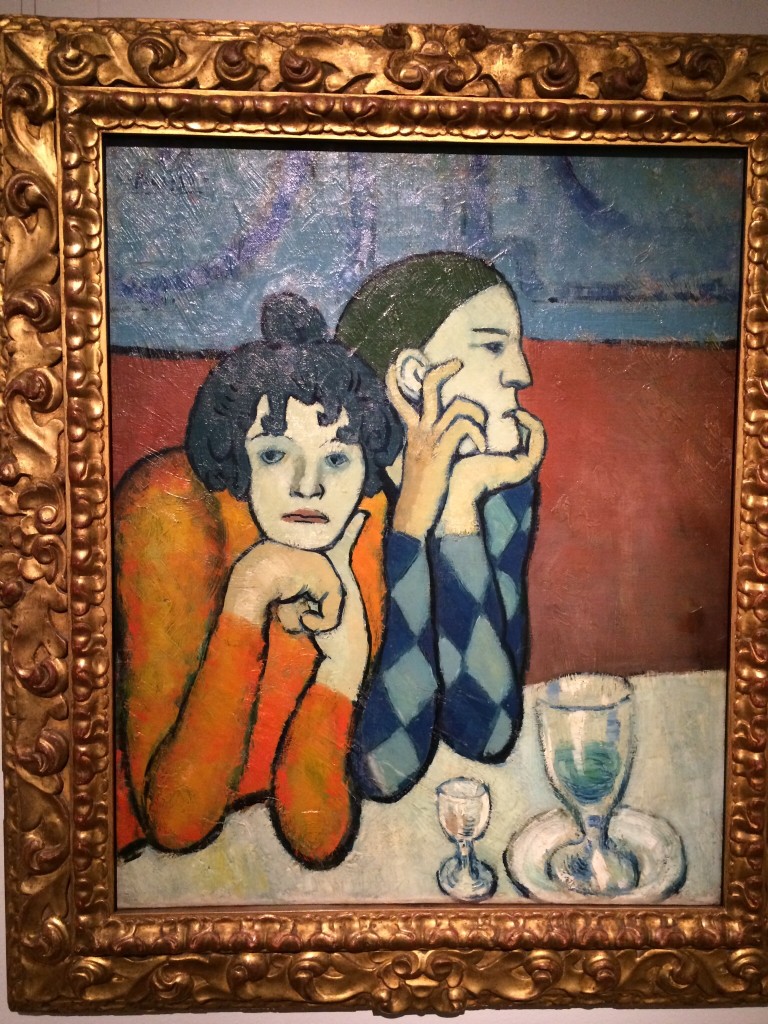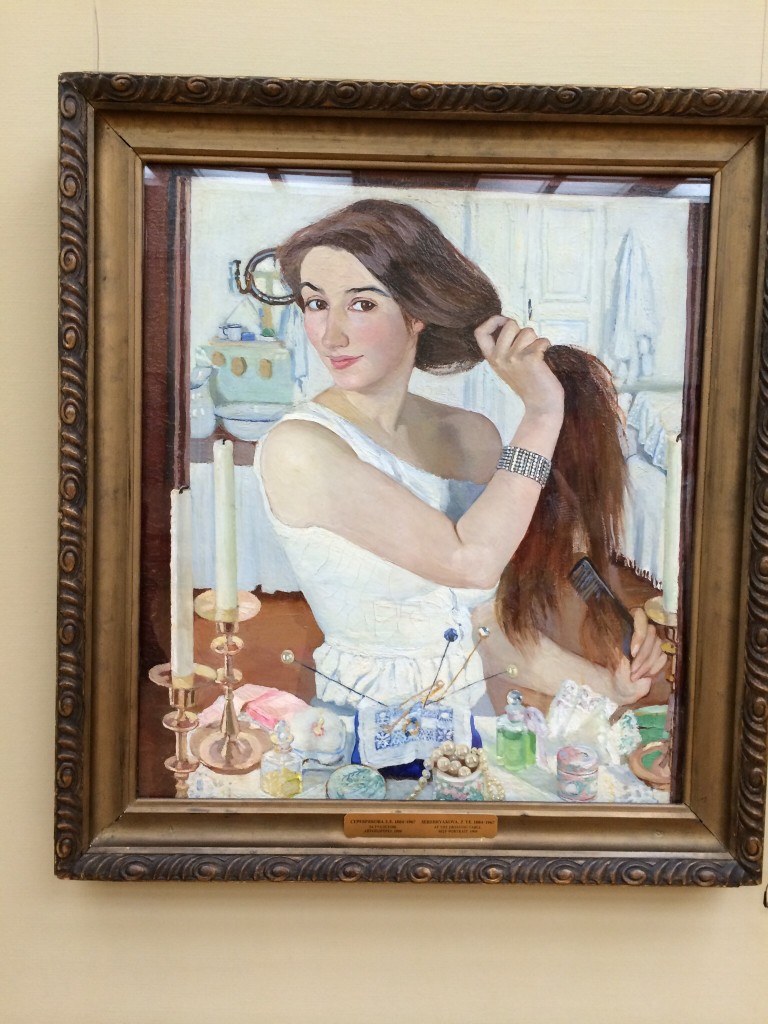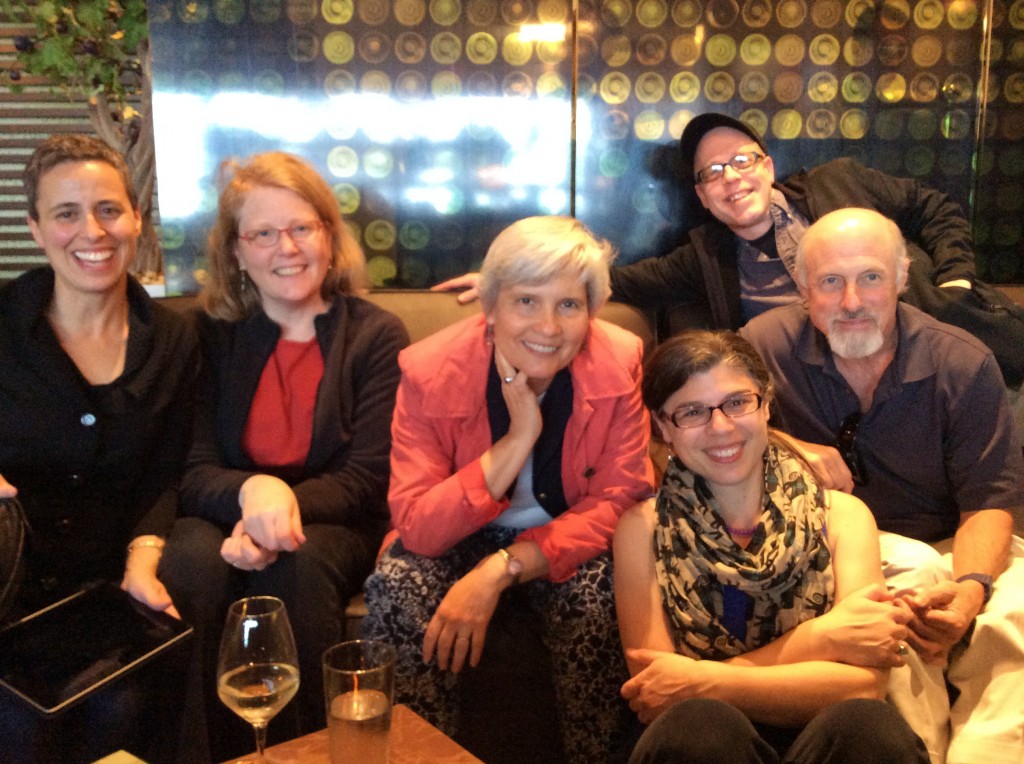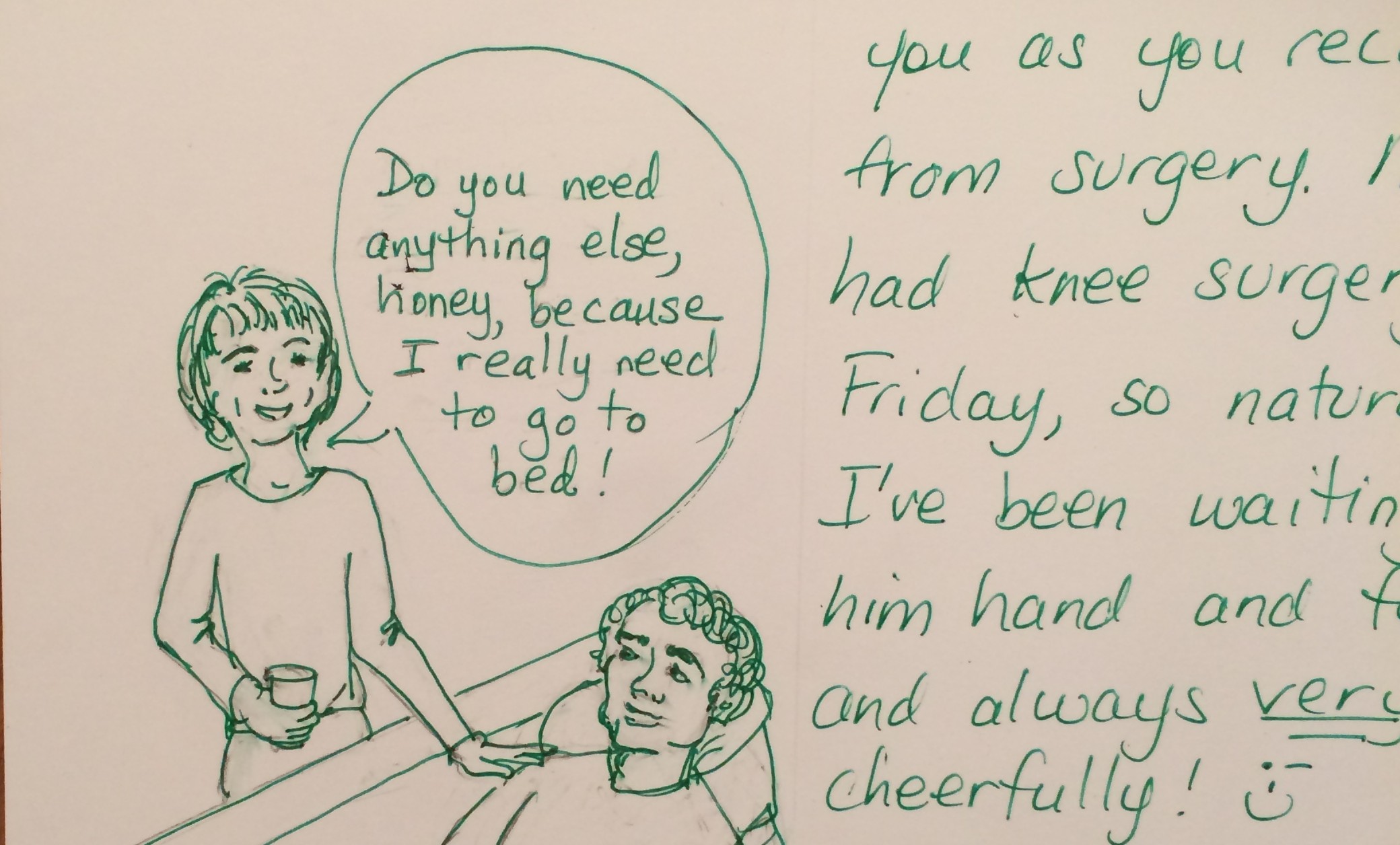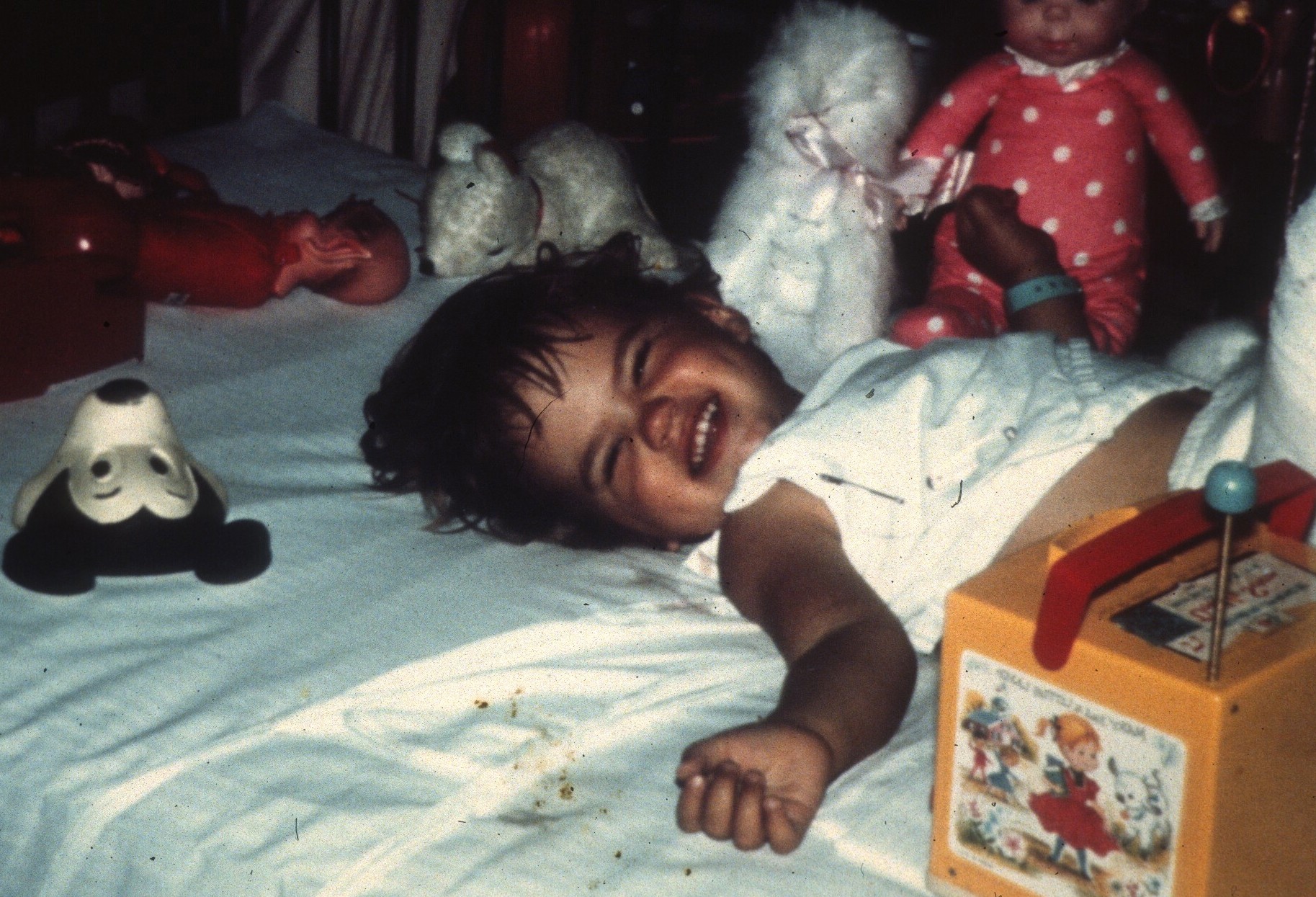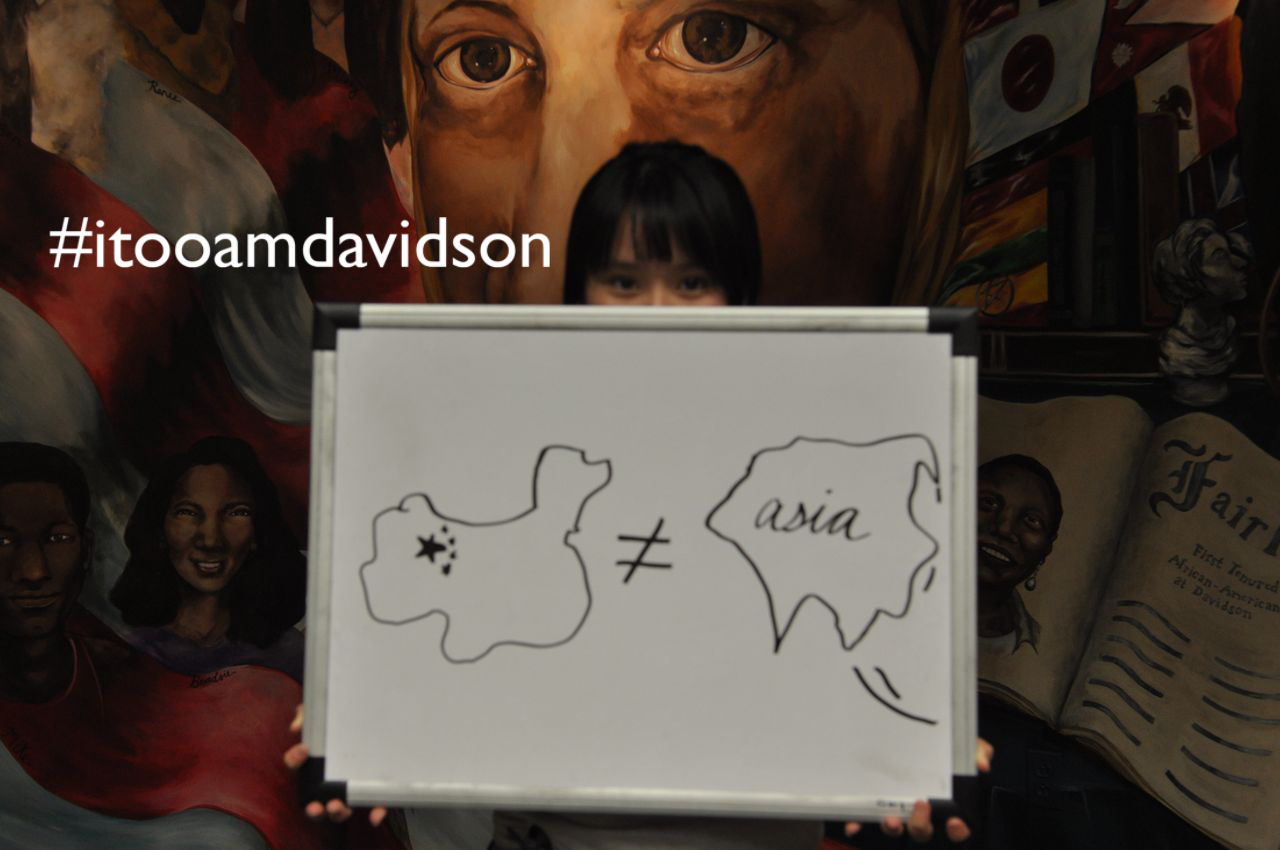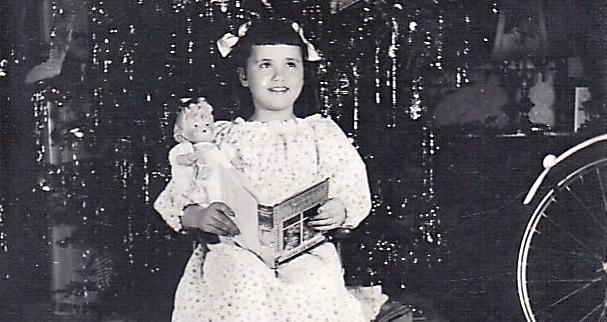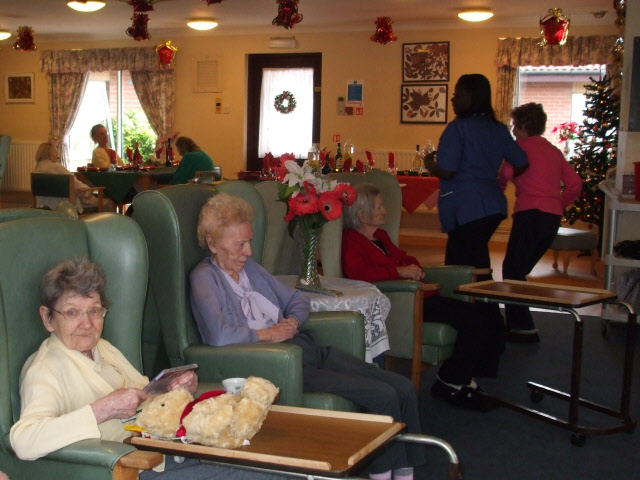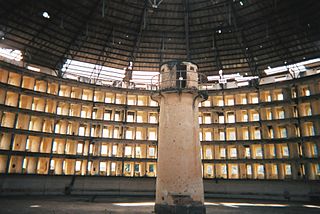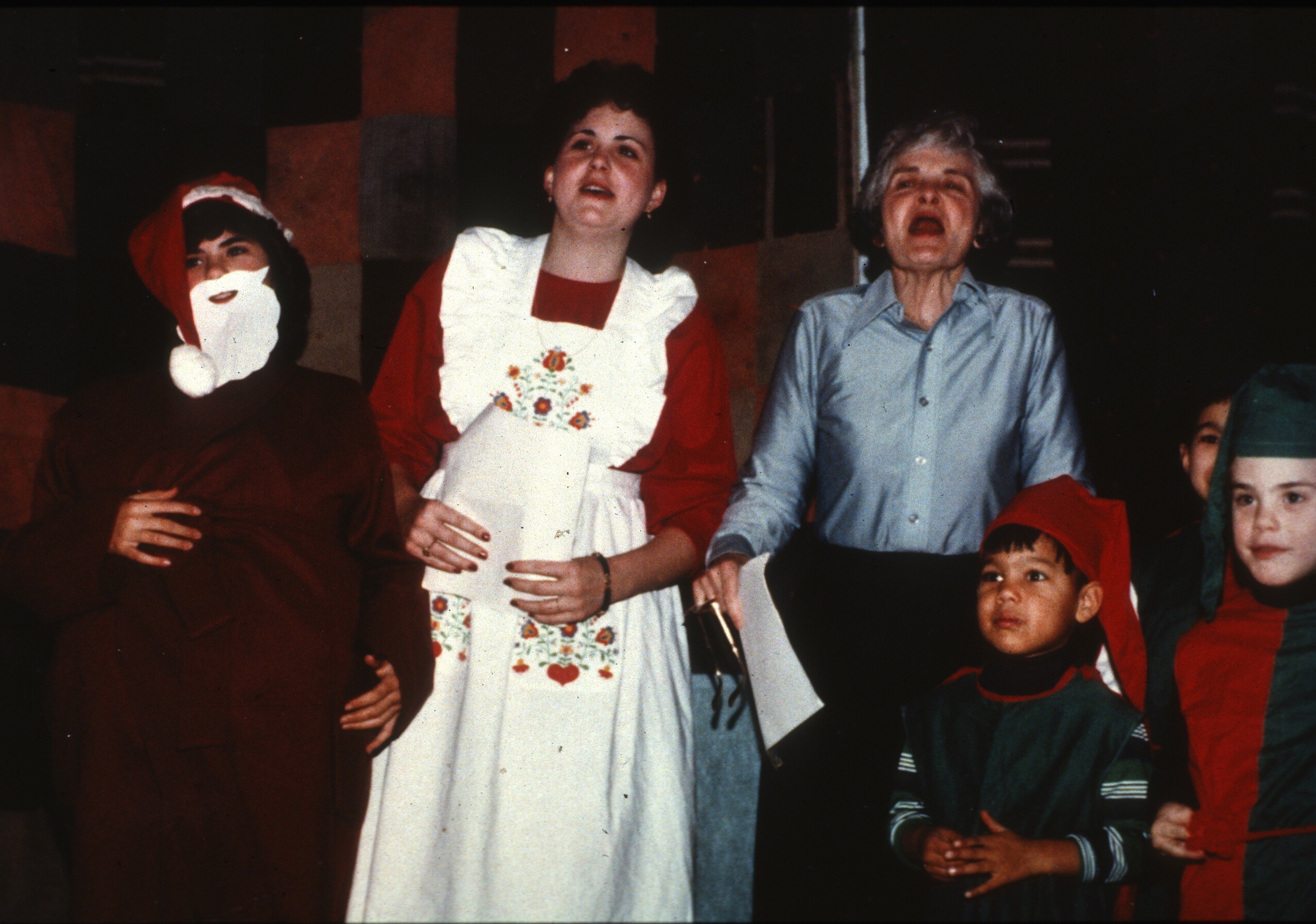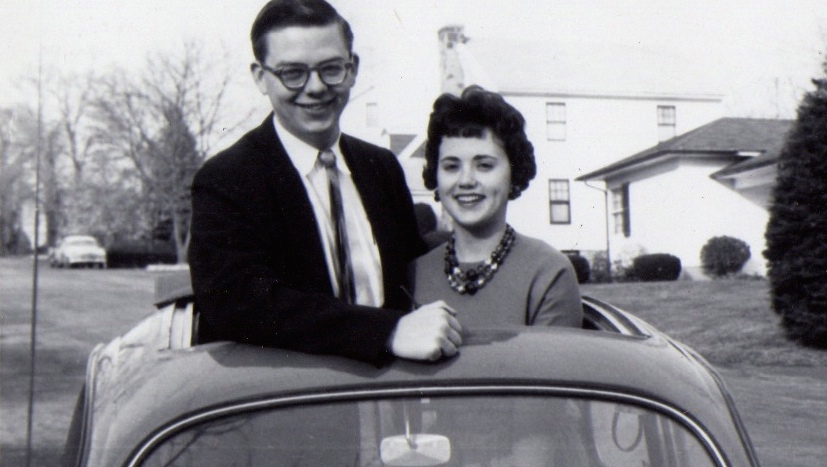Main Content
Portfolio
Mina Loy:
Navigating the Avant-Garde
A born digital, peer reviewed, open source website dedicated to a radical artist, writer, inventor, and feminist.
Mina-Loy.com
Index of
Modernist Magazines
A bibliographic database of modernist magazines, created by undergraduates at Davidson College.
ModernistMagazines.org
Envisioning
the Harlem Renaissance
Scenes from the life and work of Gwendolyn Bennett, curated in a born digital, open source website.
Gwendolyn Bennett
“Whát I dó is me: for that I came.”
– Gerard Manley Hopkins
“If you should dip your hand in,
your wrist would ache immediately”
– Elizabeth Bishop
“It is because of visiting forces that we suffer”
Sharon Salzberg, a meditation teacher who helped introduced Buddhist practices to the U.S. in the...
The Political Afterlives of Poems
It is difficultto get the news from poems yet men die miserably every day for...
Oh the places they’ll build!
If you talk to almost any professor at Davidson, we’ll say that our students are...
Peace in Our Time!
This morning’s newspaper headlines the N. C. General Assembly’s last minute power grab to limit...
Make America Think Again
I haven’t posted on this blog in months. Now that Mom’s gone and Dad’s remarried, I...
Computerized Textual Analysis
Apologies for this rough post, but I don’t have much time before I have to...
A Family Fable
Anne Lamott’s birthday essay about “every single thing” she knows at the age of 61...
What Poetry Doesn’t Tell You
Ok, this morning’s earlier post was the public story, but as you might of guessed...
Poetry Makes Something Happen
This morning, as I struggled to drag my mind out of a mire of missing...
Valediction: Forbidding Mourning
Today is the first anniversary of my mother’s death, and so it seems like an...
The Work of Scholarship in the Age of Digital Reproduction
Introduction Who, What, and How My title makes an appeal to humanities scholars who are...
Grading with Love: an open letter to my first-year writers
I hate grading papers. This revulsion led me to innovate, so maybe misery is the...
Home is So Sad
This summer we laid Mom to rest. A gentle euphemism—”laid to rest.” What I mean...
The Originality of Ideas and Other Scholarly Myths
I’ve been sitting with Andrew Rikard (Davidson class of 2017) in a classroom all morning...
On MindFULLness
Experts argue that we don’t read online: we skim, scan, or surf. This is mostly...
Memory Is Something If You Give It Away
Recently, I was knocked flat for a day by a stomach virus. I couldn’t do...
Into the Wild, Precious Life
When your mother has just died, people come up to you with empathetic eyes and...
Momento Mori, or Motherless Me
“All hope abandon, ye who enter here,” because you are proceeding through the gates...
In Memoriam: Valerie Jean Gates Wintsch
Valerie J. Wintsch, 75, died peacefully on January 2, 2015, at Arden Courts in Hamden...
This Hour Her Vigil
The Christmas ornaments, decorations, and lights are packed away, a New Year’s Day ritual that...
Of Mere Being
I’ve just returned from a much anticipated, much dreaded three-day sojourn in Connecticut, where I...
You Don't Get What You Pay For
One thing we’ve learned about Alzheimer’s care is that you don’t get what you pay...
Sending Kids to College for the First Time
We just moved one of our twin sons to Washington University in St. Louis, one...
Favorite books for summertime reading
It’s summertime, so my blog productivity has slowed as the thermometer inches into the 90s...
A Final Word
I took a Russian literature course in college taught by a visiting professor from...
The Fountain of Bakhchisarai
We saw “The Fountain of Bakhchisarai” at the Mariinski Theater in St. Petersburg, a ballet...
We’re in St. Petersburg
We took the high speed train from Moscow to St. Petersburg this morning. Maybe...
Pushkiniana: “that’s a story”
Our Moscow guide speaks excellent English, with a delightfully idiosyncratic vocabulary. He speaks of...
Moscow’s Wide Streets
Here’s picture of the building we (the women in the group) are staying in, taken...
Museum Feet
Today we had a great day of museum going, starting with a four-hour guided tour...
Women and Self-Fashioning in Moscow
Amanda had warned us that women in Russia tend to dress up and dress...
“Everybody is wrong”
In the weeks prior to our trip to Russia, the political crisis in Ukraine...
At Charlotte Douglas Airport
We are at the airport, reviewing our updated itinerary, learning key words like “mozhno,” and...
"There’s no friend like a sister"
So my last post is a downer, and I want a quick rebuttal, so that...
Microaggressions and the Need to Know More
Microaggressions are in the news, nationally and locally. In a recent New York Times piece, “Students...
Lay Back the Darkness
If I’d read Edward Hirsch’s “Lay Back the Darkness” before writing my previous post, maybe...
One Wild and Precious Life?
Something there is that doesn’t love a post, that sends me off to Facebook, Buzzfeed...
Woman much missed
In Thomas Hardy’s poem, “The Voice,” repetition and rhyme create a haunting echo, sounding out...
Speak to me : Take my hand : What are you now?
When I FaceTimed with my mom on January 5th—her 75th birthday—she was surprisingly “good.” I...
Are You My Mother?
This photo was taken in October 2013, the last time I saw my mother. She...
Hard Rock Returns to the Panopticon
I’ve been teaching a unit on prisons in my first-year writing course, “Building Stories.” We...
Basement Elegy
My dad and siblings are cleaning out my parents’ basement this weekend. I get occasional...
Fecturing: the female equivalent of mansplaining?
I was introduced to the term “mansplain” by a colleague who posted a Facebook link to Academic Men...
The Strange, New World of Alzheimer’s
My mother was diagnosed with Alzheimer’s disease almost two years ago, and her cognitive functions...
What Does the Fox Say? Onomatopoeia & the myth of pure language
This weekend my sons have been belting out lines from the Norwegian duo Ylvis’s viral...
Playing in the Dark with Whitman
Walt Whitman’s “When Lilacs Last in the Dooryard Bloom’d” is a powerful elegy for Abraham...
Self-portraits in painting and poetry
The painting on my home page is one I did when I was a senior...
Earth receive two honored guests
Earth, receive an honoured guest: William Yeats is laid to rest. Let the Irish vessel...
No post found
